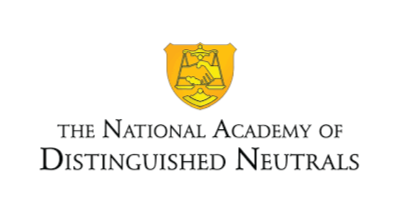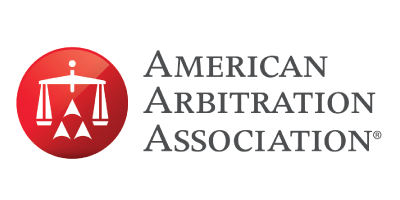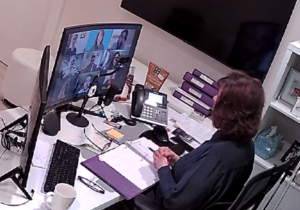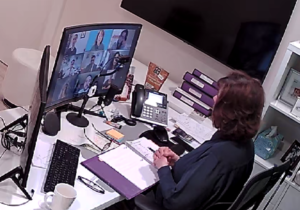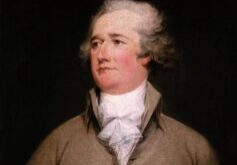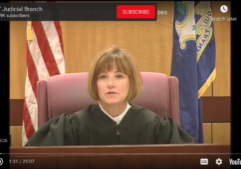Ooops - Why Didn't We Settle?
by Judge Elaine Gordon (ret.)

Elaine Gordon is a retired Superior Court judge and founder of Gordon ADR. She is a member of the National Academy of Distinguished Neutrals and a Distinguished Fellow of the International Academy of Mediators.
A Note from Judge Gordon
Since retiring from the bench, I have been asked from time to time to speak at law firm workshops or in service training about my experience and insight regarding conducting Mediations. I am always happy to try and honor these requests if my schedule permits. To say that I have learned many things, after conducting more than 500 Mediations, would be an understatement.
Please call my office and we will do our best to accommodate your request.
As we approach Memorial Day, and the unofficial start of summer, please take a moment to remember all deceased veterans who served this great nation.
My column this month was inspired by my recent attendance at the International Academy of Mediators meeting in San Francisco. I am very proud to be a member of IAM because the group is so willing to share its ideas, successes and setbacks with each other.
61% of Plaintiffs who reject settlement offers and go to trial recover an average of $43,100 less than the last offer they received.
24% of Defendants are hit with judgments averaging $1,140,000 more than the Plaintiff’s last settlement demand.
And these figures do not include the additional litigation expenses and grief that the parties bear when going all the way to a jury verdict.
This information comes from the article, “Let’s Not Make A Deal: An Empirical Study of Decision Making in Unsuccessful Settlement Negotiations” (Journal of Empirical Legal Studies, Vol. 5, Issue 3, September 2008).
Its lead author, Randall L. Kiser, has also written a book “Beyond Right and Wrong: The Power of Effective Decision Making for Attorneys and Clients.”
The book is a guide through the decision making process, for better or worse, of lawyers and their clients. It analyzes over 11,000 attorney-client decisions in real cases, and summarizes decades of research about the decisions made by judges, juries, litigants and counsel.
The author does more than expose us to the less than hoped for results of the litigation process. He helps explain how good legal decision making is impeded by psychological, social and institutional factors. And to help us all become better at what we do, the author supplies ideas to improve our decision making.
It should come as no surprise that the research surveyed in the book suggests that the best possible outcome for clients is generally settle- ment rather than trial.
I thought you might enjoy learning about this fascinating study and the book written by the same author.
You may also be interested in ...
